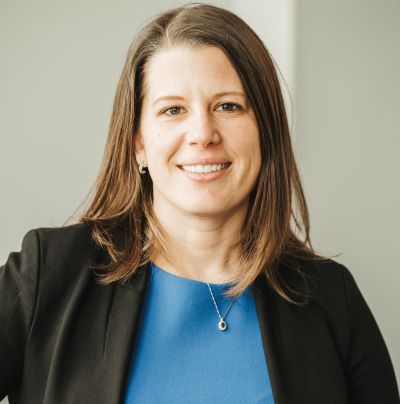Every so often we hear about the government shutting down (and then it mostly doesn’t) because of a budget issue. Frequently it’s because the power brokers want to spend money on pet projects but don’t have the revenue or a cut to pay for those projects. That is a function of the PAYGO act, which essentially requires Congress to find offsets before it can go spending.
You know what isn’t subject to PAYGO? CCC provisions controlled by the USDA. To the tune of more money that the government spends in total on nuclear defense (and quite frankly offense). Yep, no offset required, just borrowing power.
Surely, no body would abuse that as it is for natural disasters and things like the dustbowl, right? Wrong. In 2018, the last time we as a nation played with tariffs which resulted in farm price declines, we dipped into the CCC borrowing power and called it market facilitation payments.
While the USDA hasn’t even issued the last tranche of “emergency money” to farmers authorized last fall, they are already making plans on borrowing up to the nuclear spending cap in anticipation of farm price problems. Why, because tariffs, much like tracer rounds in machine guns, go both ways.
In the event the government doesn’t follow through or waffles back and forth on implementation of tariffs, we have to rely upon our own self to protect ourselves. A refresher on liens is probably important and when the liens don’t get paid, what a farm bankruptcy looks like.
Iowa law provides several types of agricultural liens that can secure credit interests in farm products, such as crops and livestock. These liens are statutory and attach automatically, providing a significant advantage over traditional security interests. These are not the voluntary security agreements (UCC-1) that farm operators usually sign with a lender to pledge the equipment and crops for repayment of debts.
A Landlord’s Lien in Iowa is in crops grown on leased premises. To perfect this lien, a UCC-1 financing statement must be filed with the Iowa Secretary of State within 20 days of the tenant taking possession. A perfected Landlord’s Lien has priority over many other liens and security interests, except for certain perfected liens such as a Harvester’s Lien or a Veterinarian’s Lien. Even with perfection, I think that you are money ahead as a landowner to take less money upfront, not worry about the lien, and not be the lender to the tenant. Back in the day, a landlord’s lien was automatic, not so anymore, you must file to be in line to get paid.
Ag Supply Dealer’s Lien: This lien is available to agricultural supply dealers who provide goods such as feed, seed, or chemicals to farmers. To perfect this lien, a financing statement must be filed within 31 days after the date of purchase. A properly perfected Agricultural Supply Dealer’s Lien can have equal priority to prior perfected security interests if certain certified request procedures are followed. These are tricky and if you are in the business of selling to shaky customers, this will help you have a seat at the table with the bank when things go south.
A Harvester’s Lien secures payment for harvesting services and automatically attaches to the harvested crops. To perfect this lien, a UCC-1 must be filed within 10 days after the last date of services. Not the day you put the combine away, the day you pull out of the field the clock starts. If the crop is hauled and sold on the spot market from the field it becomes less of useful event. A perfected Harvester’s Lien has priority over conflicting security interests and even a Landlord’s Lien.
Other notable liens include the Custom Cattle Feedlot Lien, which secures payment for feed and care of cattle, and the Veterinarian’s Lien, which secures payment for veterinary services. Each of these liens has specific requirements for perfection and priority.
Notice what we didn’t talk about, mechanic’s liens (which aren’t for greasy wrenches but are for plumbers and tilers) and artisan’s liens (which are for the wrench crowd and not for craft fair tent exhibitor). These liens have their own set of rules and are not generally considered ag liens, but you may run into them if you provide repair services to a combine and then get stuck with the invoice behind a subsequent repair when it goes into another shop and they hold onto the equipment until they get paid
When it goes really bad, Chapter 12 (aka Farm) bankruptcy can impact your operation, even if you just do some custom round baling for that shaky neighbor operation.
Chapter 12 designed specifically for “family farmers” or “family fishermen” with regular annual income. It allows them to propose a repayment plan to manage their debts over three to five years, providing a structured way to address financial distress.
To qualify, an individual or a corporation must meet specific criteria, such as being engaged in a farming operation and having debts that do not exceed certain thresholds. More than 50% of the gross income must come from the farming operation for individuals, and similar criteria apply to corporations.
The process begins with filing a petition in the bankruptcy court, along with schedules of assets, liabilities, and other financial information. An impartial trustee is appointed to oversee the case, and a meeting of creditors is held to discuss the debtor’s financial affairs.
The debtor must file a repayment plan, which is subject to court approval. The plan must provide for full payment of priority claims and may offer less than full payment to non-secured creditors (aka those who didn’t bother with the liens discussed above).
So have fun out there, we know the lawyers will be.



